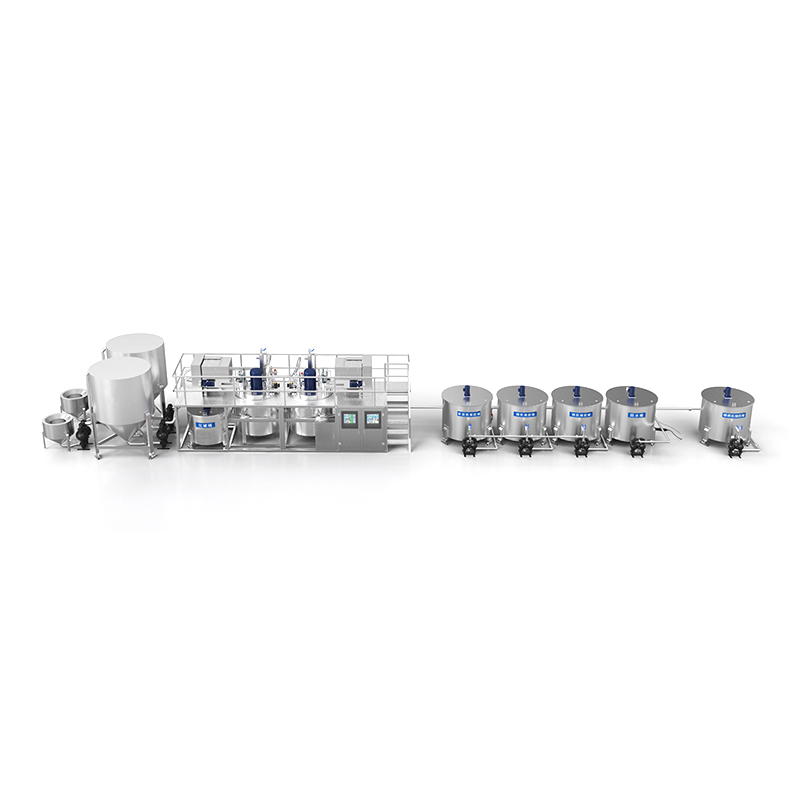
Glue production is an essential process in many industries, including woodworking, packaging, textiles, and construction. Selecting the right glue making machine is important for ensuring efficient production, consistent quality, and safe operation. With various models and configurations available, understanding the key factors can help businesses choose a machine that meets their specific needs.
One of the considerations when selecting a glue making machine is production capacity. Different machines are designed for varying batch sizes and output rates. Some machines are suitable for small-scale or laboratory production, while others are designed for continuous industrial production. Evaluating the required volume of glue per day or per batch helps narrow down suitable models. Glue making machines with adjustable capacities provide flexibility for businesses that may scale production over time.
Another important factor is the type of glue being produced. Machines are often specialized for specific types, such as starch-based, PVA, or synthetic adhesives. Each type of glue has unique viscosity, temperature, and mixing requirements. Choosing a machine compatible with the intended glue type ensures smooth operation and prevents issues such as uneven mixing, overheating, or poor consistency. Many glue making machines offer variable temperature controls and mixing speeds to accommodate different formulas.
Build quality and material selection are also key considerations. Glue making machines involve continuous heating, stirring, and chemical processing, so corrosion-resistant materials and durable components are important. Stainless steel is commonly used for tanks and mixing paddles because it resists chemical reactions and facilitates cleaning. Checking for reliable motor systems, gear mechanisms, and safety features ensures the machine will operate consistently over time.
Ease of cleaning and maintenance is another factor to consider. Glue production can be messy, and residue buildup can affect product quality or damage the machine. Machines with removable mixing paddles, accessible tanks, and simple control systems allow operators to clean the equipment efficiently. Regular maintenance and cleaning also extend the lifespan of the machine and reduce downtime.
Safety features should not be overlooked. Glue making involves heat, pressure, and potentially reactive chemicals. Machines with proper insulation, emergency shutoff switches, pressure relief systems, and temperature controls reduce the risk of accidents. Ensuring the machine meets local safety regulations and industry standards provides additional confidence in daily operation.
Control systems and automation options can enhance efficiency and accuracy. Some glue making machines offer digital panels, programmable temperature settings, and automatic stirring adjustments. These features help maintain consistent glue quality across batches and reduce the reliance on manual monitoring. For larger production facilities, automated or semi-automated machines can improve workflow and reduce labor requirements.
Supplier support and after-sales service are important considerations. Reliable suppliers provide installation guidance, training for operators, and maintenance support. Having access to replacement parts and technical assistance ensures that any issues can be addressed quickly, minimizing production interruptions.
Choosing the right glue making machine involves evaluating production capacity, glue type compatibility, build quality, maintenance requirements, safety features, and control systems. By considering these factors and working with reputable suppliers, businesses can select a machine that meets their operational needs while maintaining consistent quality and efficiency in glue production.

 English
English  Español
Español  Português
Português  عربى
عربى 




